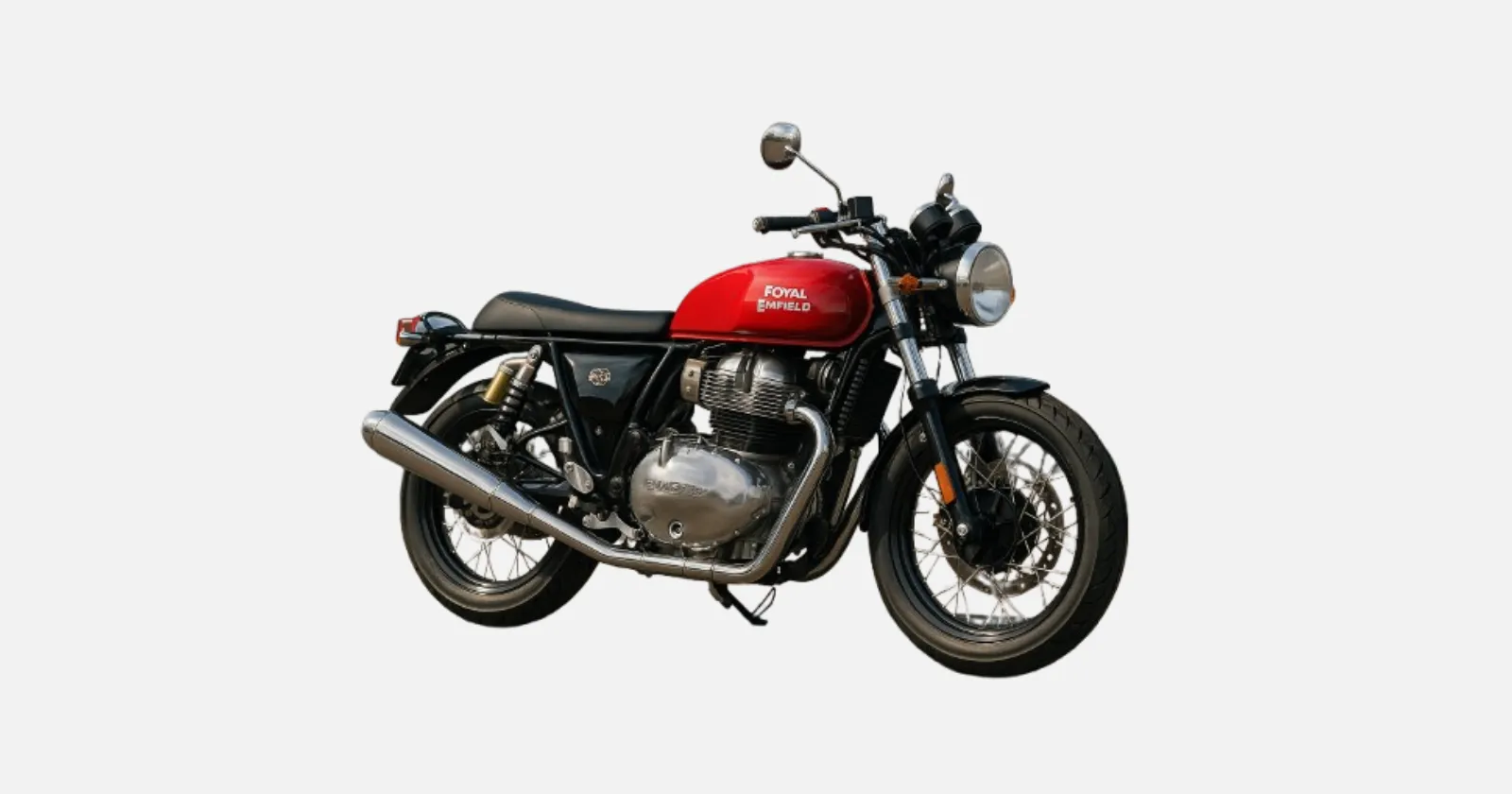
Two-wheeler makers, at a recent meeting with Nitin Gadkari, raised doubts about the effectiveness of ABS in up to 125cc two-wheelers. Representative image.
Share Post

Two-wheeler makers, at a recent meeting with Nitin Gadkari, raised doubts about the effectiveness of ABS in up to 125cc two-wheelers. Representative image.
The Centre is likely to defer mandatory fitment of anti-lock braking systems (ABS) systems in two-wheelers with up to 125cc engines beyond the planned January 1 deadline, multiple people aware of ongoing discussions between the road transport ministry and the Society of Indian Automobile Manufacturers (SIAM) have said, Economic Times has reported.
ABS is a critical safety feature that prevents a vehicle's wheels from locking during sudden braking, reducing the risk of skidding and crashes. It works by rapidly pulsing the brakes to maintain traction and allow the rider to steer around obstacles.
Two-wheeler makers, at a recent meeting with road transport minister Nitin Gadkari, raised doubts about the effectiveness of ABS in up to 125cc two-wheelers, the people said. In response, Gadkari suggested the industry consult the Automotive Research Association of India (ARAI), the government's testing and validation agency, to establish the effectiveness of ABS.
An ARAI official was quoted as saying they have not received any official intimation from either SIAM or the ministry on ABS testing.
Two-wheeler manufacturers have urged the Centre to defer the upcoming regulation mandating Anti-lock Braking Systems (ABS) on all new two-wheelers, irrespective of engine capacity, from January 1, 2026. In a meeting held earlier this month, the industry argued that the move could erode the gains made following the Goods and Services Tax (GST) reduction and potentially lead to a decline in demand.
The proposed ABS mandate particularly impacts India's largest two-wheeler segment, with motorcycles and scooters up to 125cc accounting for the overwhelming majority of domestic sales. This category serves primarily as affordable personal transportation for millions of Indian families, making price sensitivity a crucial market consideration.
Entry-level two-wheelers typically operate at lower speeds compared to higher-capacity motorcycles, which manufacturers argue may reduce the safety benefits of ABS technology relative to its cost implications. The technology adds several thousand rupees to vehicle manufacturing costs, which could significantly impact affordability in the price-conscious mass market segment.
The January 1, 2026 deadline represents the final phase of India's graduated approach to two-wheeler safety regulations. The government previously mandated ABS for motorcycles above 125cc in 2019, whilst requiring combined braking systems (CBS) for lighter motorcycles and all scooters as a less costly alternative.
The extension of mandatory ABS to all two-wheelers regardless of engine capacity was announced as part of broader road safety initiatives aimed at reducing India's high traffic fatality rates, where two-wheeler riders account for a disproportionate share of casualties.
Manufacturers' concerns centre on whether the safety benefits of ABS justify the cost increase for low-capacity, typically lower-speed vehicles. The industry contends that alternative safety measures, including rider education, improved road infrastructure, and enforcement of helmet laws, might deliver better safety outcomes relative to investment.
The timing concern regarding GST benefits erosion reflects recent government efforts to make two-wheelers more affordable through tax reductions. Manufacturers worry that mandatory ABS costs could negate these price reductions, potentially dampening the demand recovery that followed the GST cuts.
Several Southeast Asian markets with two-wheeler-dependent transportation systems similar to India's have adopted graduated approaches, balancing safety improvements with affordability concerns crucial for mass-market accessibility.
TVS Becomes Third-Largest Two-Wheeler Manufacturer in the World
Acko Drive Team 4 Mar, 2026, 12:41 PM IST
5 Interesting Colour Options On Indian Cars
Acko Drive Team 4 Mar, 2026, 12:30 PM IST
Actor Shahid Kapoor Brings Home Mercedes-Benz G 450d Worth ₹2.9 crore
Acko Drive Team 4 Mar, 2026, 10:20 AM IST
Volvo Brings New UX to 2.5 Million Older Cars With its “Largest OTA Software Update Ever”
Acko Drive Team 4 Mar, 2026, 9:27 AM IST
Renault Teases Bridger Subcompact SUV Concept To Take On Hyundai Venue, Will Be Made In India
Acko Drive Team 4 Mar, 2026, 8:52 AM IST
Looking for a new car?
We promise the best car deals and earliest delivery!
